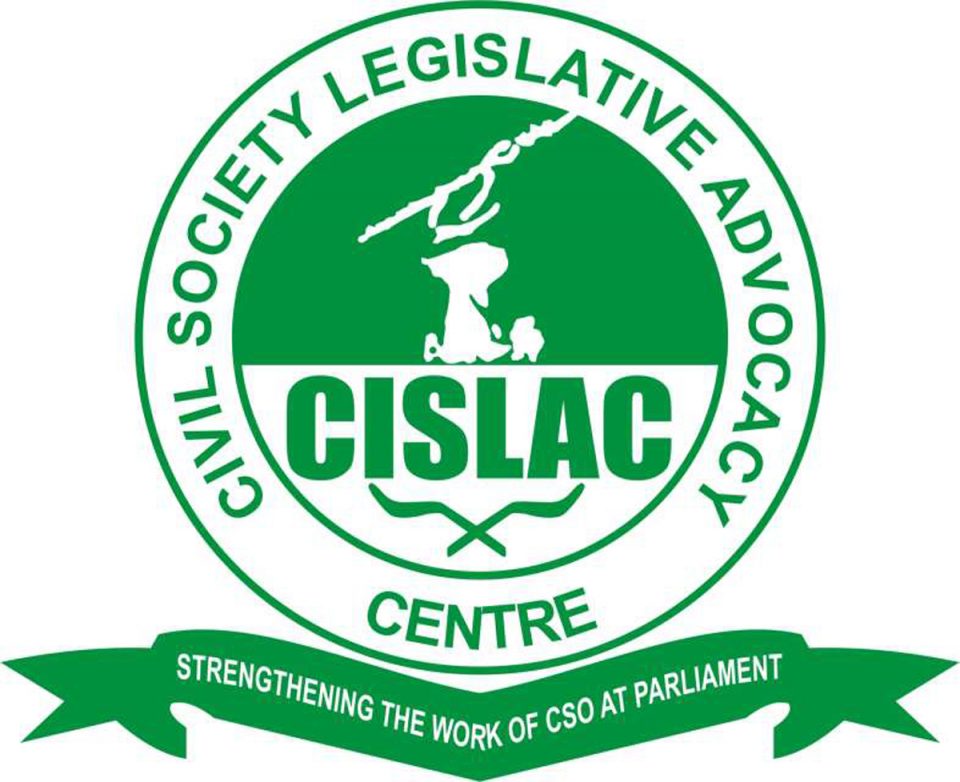A coalition of civil society groups has called for defined processes and regulatory guidelines to support the removal of fuel subsidy in Nigeria, as being claimed.
The coalition, led by Civil Society Legislative Advocacy Centre (CISLAC); Media Initiative for Transparency in Extractive Industries (MITEI); BudgIT; Spaces for Change (S4C); and Youth Forum of Extractive Industry Transparency Initiative (EITI), said regulatory guidelines by the Presidency will give the policy an official seal of affirmation to all and industry operators.
They also declared their support for the privatisation of the country’s refineries in their present condition to avoid further revenue losses.
They added: “We suggest the adoption of a transparent merit based model for privatisation by either considering the NLNG for part privatisation or an outright sale. We encourage the government to adopt favourable fiscal terms that bring about a renewed investors’ confidence, and also help fast track the proposed 29+ refineries, which still have valid operating licences.”
They also urged the Federal Government to commit to the sustainability of the no-subsidy regime into a law, either through a stand-alone legislation, or through appropriate clauses integrated into the Petroleum Industry Bill (PIB).
They further observed that there is no clarity on the role of the Petroleum Support Fund (PEF) in the post-subsidy regime, saying:
“Clarity is required about how that fund is being managed, whether the over-recovery sums were deposited there, and how they are expected to be spent.”
They urged possible transition of the PPPRA and PEF into new roles to ensure the sustainability of the proposed ‘non-subsidy policy’, saying: “repeal the PPPRA and PEF(M)B Acts and transition them into efficient and competent institutions to support the reforms encapsulated in the proposed PIB are possible options to consider.”
The group also urged the Federal Government to prepare for a post-price regulation era by prioritising consumer protection to ensure that when the downstream sector of the petroleum industry is liberalised, Nigerians will not suffer exploitation in the hands of profiteering marketers.
They therefore proposed anti-trust or competition propositions using the Federal Competition and Consumer Protection Act 2019.
The group said: “We encourage the government to consider providing varied options for Nigerians in terms of transportation systems in the country when inevitably, increases in price of crude oil increases result in the rise of the price of refined petroleum products.
“We suggest that the NNPC as the National Oil Company should not be given any advantage, whether comparative or competitive, over other petroleum products marketers in terms of access to foreign exchange to handle their importation of products activities to create a level playing field for all players. If the NNPC must remain a player in the market, it must strive to operate under the same conditions and rules as other players in the sector regulated only by the prevailing market forces and competition.”
Pending the conclusion of work on the PIB, the group urged the Federal Government to take steps to delineate the roles of policy formulation, regulation and enforcement as well as operation in the industry.




